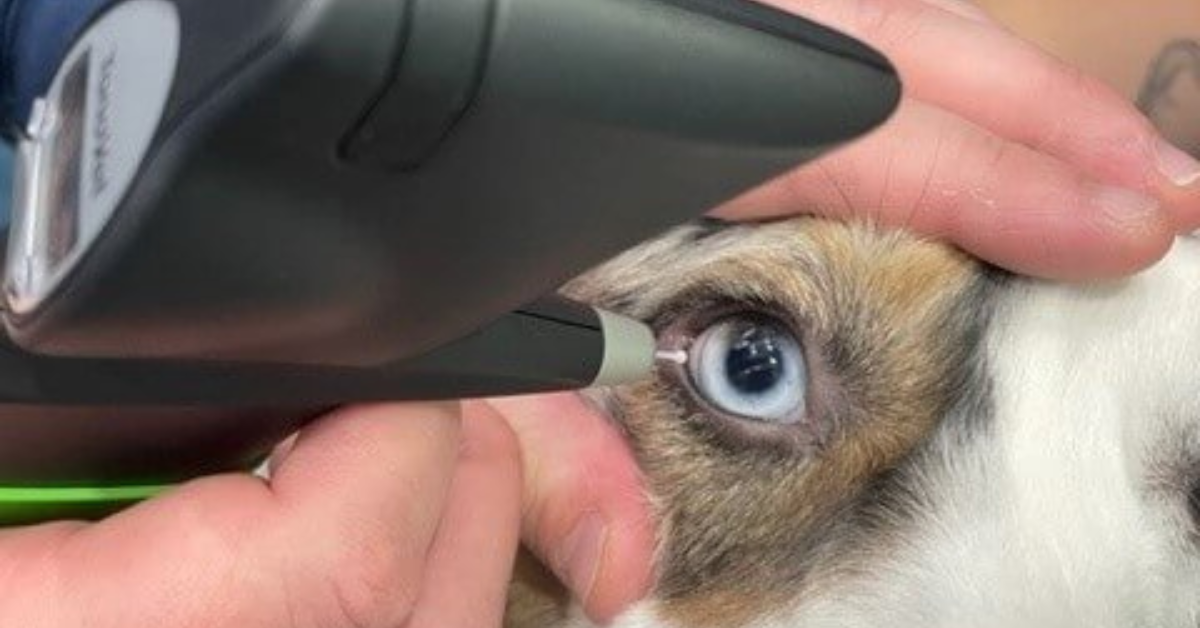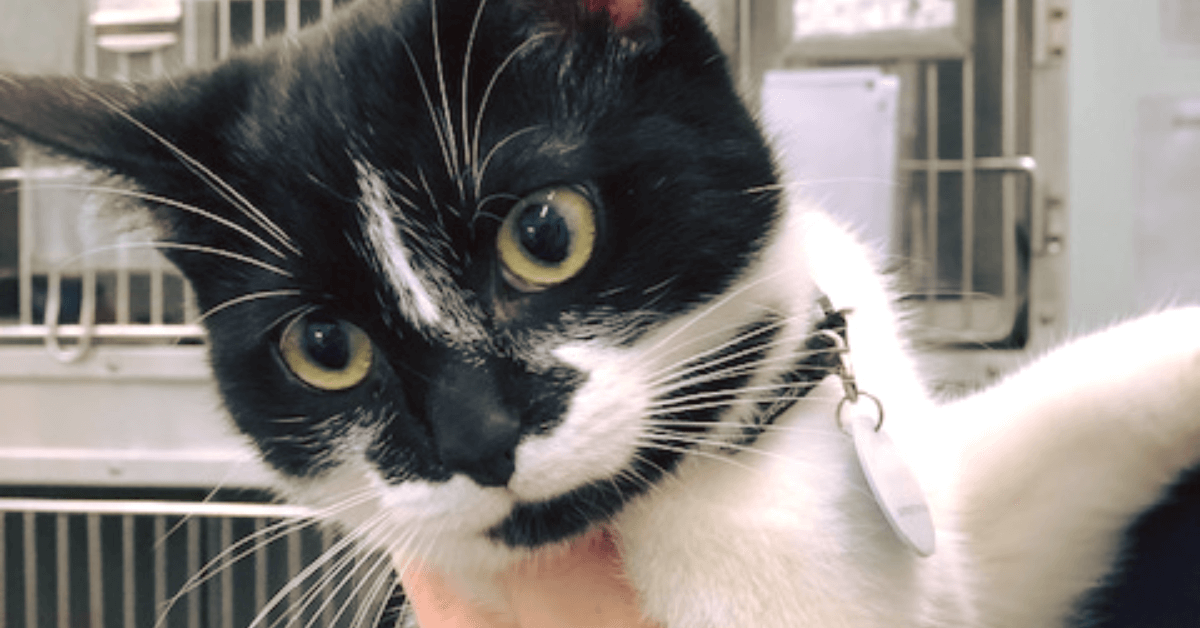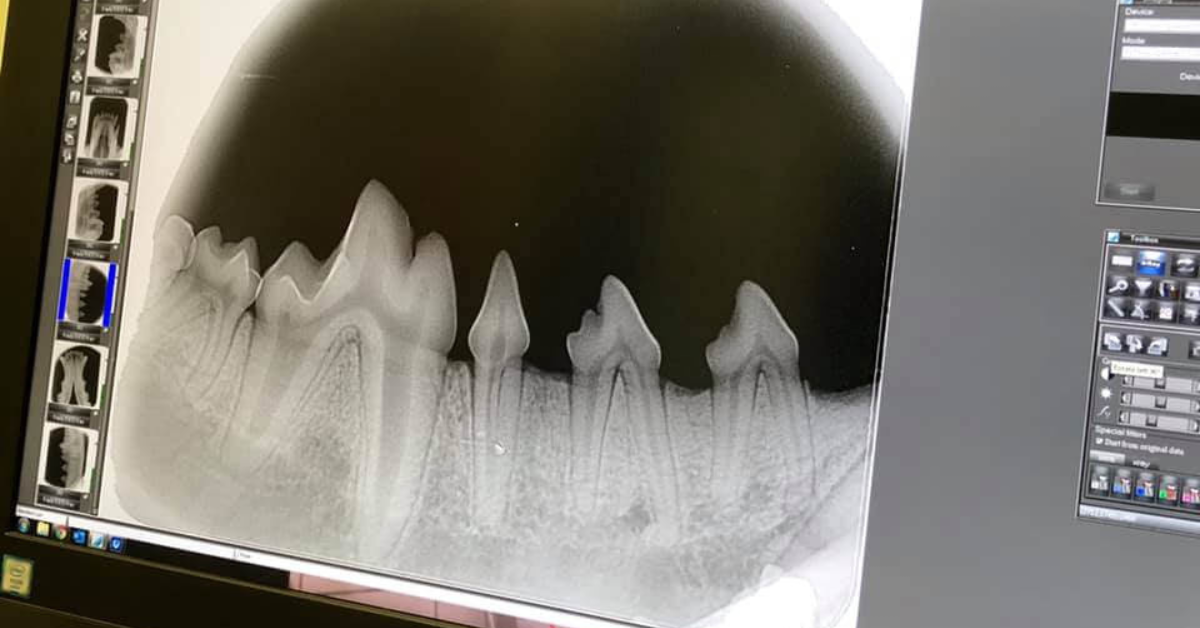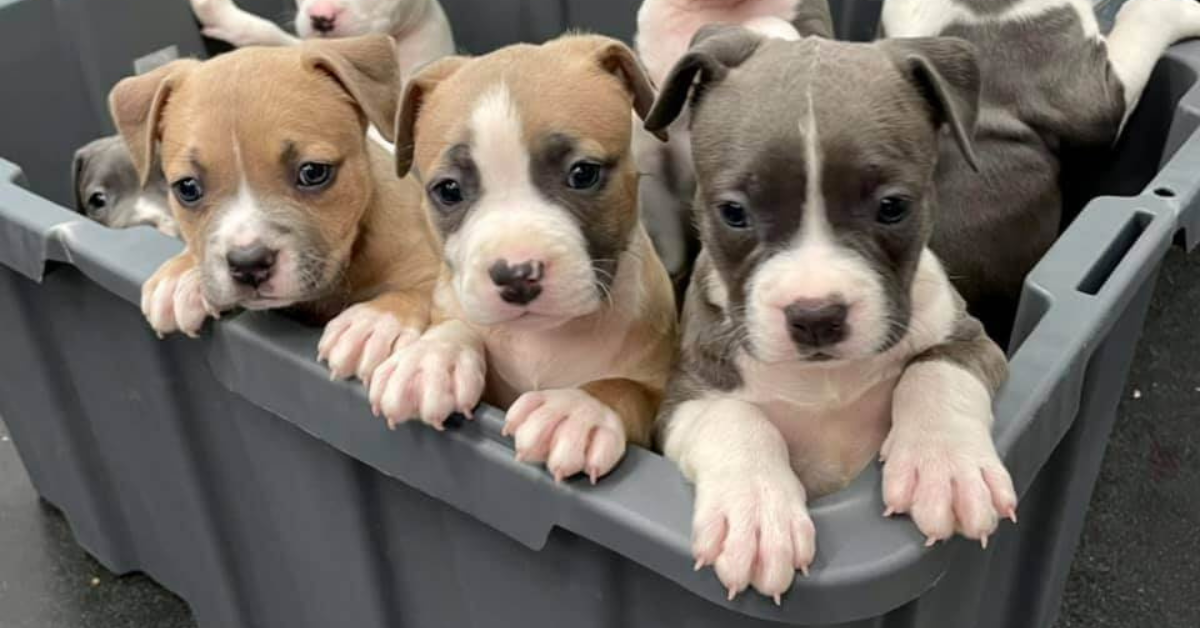HYPERTHYROIDISM IN CATS
Hyperthyroidism is a prevalent endocrine disorder affecting cats worldwide. This condition occurs when the thyroid glands produce excessive amounts of thyroid hormones, leading to various symptoms and health complications. It’s essential to recognise the signs of hyperthyroidism in your feline friend and seek veterinary care to ensure proper treatment and management.
Causes of Hyperthyroidism in Cats: The exact cause of feline hyperthyroidism remains unknown. However, several factors have been associated with the condition, including age, environmental factors, and diet. Most cases of hyperthyroidism occur in middle-aged to older cats, with the average age of onset being around 13 years. Additionally, exposure to certain chemicals or substances, such as flame retardants, has been linked to an increased risk of developing the condition.
Symptoms of Hyperthyroidism in Cats: Cats with hyperthyroidism may exhibit various signs and symptoms, which may include:
- Weight loss: Despite an increased appetite, cats with hyperthyroidism often experience significant weight loss.
- Increased thirst and urination: Affected cats may drink more water and urinate more frequently.
- Hyperactivity: Hyperthyroid cats can become restless, and irritable, and may display increased vocalisation.
- Poor coat condition: The fur may become greasy, matted, or unkempt.
- Vomiting and diarrhoea: Gastrointestinal upset may occur in some cats with hyperthyroidism.
- Increased heart rate and heart murmurs: Heart problems are common in hyperthyroid cats and may result in abnormal heart rhythms and murmurs.
Diagnosis of Hyperthyroidism in Cats: If you suspect your cat may have hyperthyroidism, it’s crucial to consult your veterinarian. They will conduct a physical examination and obtain a detailed history. Blood tests, including thyroid hormone level measurements, are typically performed to confirm the diagnosis. In some cases, further diagnostic tests, such as imaging studies, may be necessary.
Treatment and Management: There are several treatment options available for managing hyperthyroidism in cats:
- Medication: Anti-thyroid drugs, such as methimazole, can be administered to reduce thyroid hormone production. This treatment usually requires lifelong administration and regular monitoring of hormone levels.
- Radioactive iodine therapy: This treatment involves the injection of a small dose of radioactive iodine, which destroys the overactive thyroid tissue without harming the surrounding tissues. This is often a permanent cure for hyperthyroidism, but it requires referral to a have extensive experienced facility.
- Surgery: Surgical removal of the affected thyroid gland(s) is another option. However, this method carries risks associated with anaesthesia and surgery and may result in hypothyroidism.
- Dietary management: Feeding your cat a specially formulated low-iodine diet can help manage hyperthyroidism. This method requires strict adherence to the prescribed diet, with no other food or treats allowed.
Hyperthyroidism is a common endocrine disorder in cats, characterised by the overproduction of thyroid hormones. Recognising the symptoms and seeking prompt veterinary care are essential for managing the condition effectively. Treatment options include medication, radioactive iodine therapy, surgery, and dietary management. Consult with Concord Veterinary Hospital to determine the most appropriate treatment plan for your cat.
OUR OTHER SERVICES
How Can We Help Your Pet
Explore Our Veterinary Care Services











